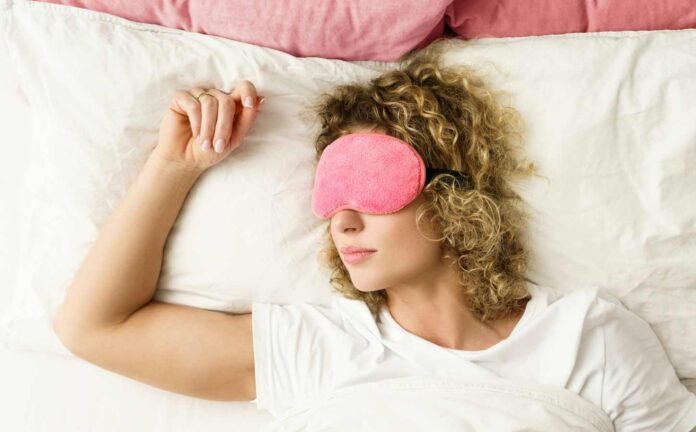Today we’re talking about something that’s both fascinating and important for our health – Insomnia and Ovarian Cancer Risk.
We all know sleep is important but did you know chronic insomnia may be linked to an increased risk of ovarian cancer? Yep, it’s true and understanding this connection can be a big deal for many of us.
The Sleep-Cancer Connection
First the basics. Insomnia is more than just the occasional bad night. It’s a persistent problem that can lead to serious health issues. Experts say chronic sleep loss doesn’t just leave you feeling tired and grumpy – it may also increase your risk of ovarian cancer.
What the Research Says
A Tripura Times article recently reported some scary stats. Researchers found women who suffer from long term insomnia may be at higher risk of ovarian cancer. This isn’t just about difficulty falling asleep; it’s about the accumulation of sleep loss over time.
But it gets worse. The same experts say insomnia may also affect survival rates of women diagnosed with ovarian cancer. In simple terms if you have ovarian cancer not sleeping enough may make it harder to recover.
Why Sleep Matters?
You may be wondering why sleep is so important. Well when we sleep our bodies go into repair mode. This is when our cells regenerate, our immune system gets stronger and our bodies detoxify. Without enough sleep these processes can be disrupted and lead to a host of health problems including inflammation and impaired immune function – both of which can contribute to cancer development and progression.
How to Sleep Better
If you have insomnia you need to take action to improve your sleep health. Here’s how:
- Stick to a Sleep Schedule: Go to bed and wake up at the same time every day, even on weekends. Consistency helps regulate your body’s internal clock.
- Create a Bedtime Routine: Have a relaxing pre-sleep routine. This could be reading, a warm bath or relaxation techniques like deep breathing or meditation.
- Limit Caffeine and Alcohol: Both can disrupt your sleep. Avoid them especially in the hours leading up to bedtime.
- Make Your Bedroom Sleep-Friendly: Keep your sleeping environment cool, dark and quiet. Use earplugs or a white noise machine if needed.
- Manage Stress and Anxiety: High stress can mess with your sleep. Techniques like yoga, mindfulness and therapy can be super helpful.
When to Get Help
If these don’t work for you, it’s time to seek professional help. Cognitive-behavioral therapy for insomnia (CBT-I) is very effective and can help you develop better sleep habits. Talk to your doctor about your insomnia to find out if there’s an underlying condition that needs to be treated.
Conclusion: Insomnia and Ovarian Cancer Risk
The insomnia-ovarian cancer risk connection is a wake up call to how important sleep is for our overall health. By taking action to improve your sleep you’re not just improving your daily life – you may also be protecting yourself from big health risks.
You’re not alone. Many people have insomnia and there are resources and help available. Stay informed, take care and sleep better.
Reclaiming Deep Restful Sleep: The Magnesium Deficiency Solution

Discover the natural solution to deep, restful sleep and magnesium deficiency through the efficacy of PUREDOSE® Micelle Liposomal Magnesium. This superior bioavailable supplement promotes optimal sleep support and overall well-being.
Continue reading: The Magnesium Deficiency Solution
Understanding Insomnia: Symptoms, Causes, and First Steps Towards Better Sleep

Insomnia can be a challenging condition, but understanding insomnia, its causes, and its symptoms is the first step towards overcoming it. By adopting healthier sleep habits and making changes to your lifestyle, you can start on the path to better sleep.
Continue reading: Understanding Insomnia




